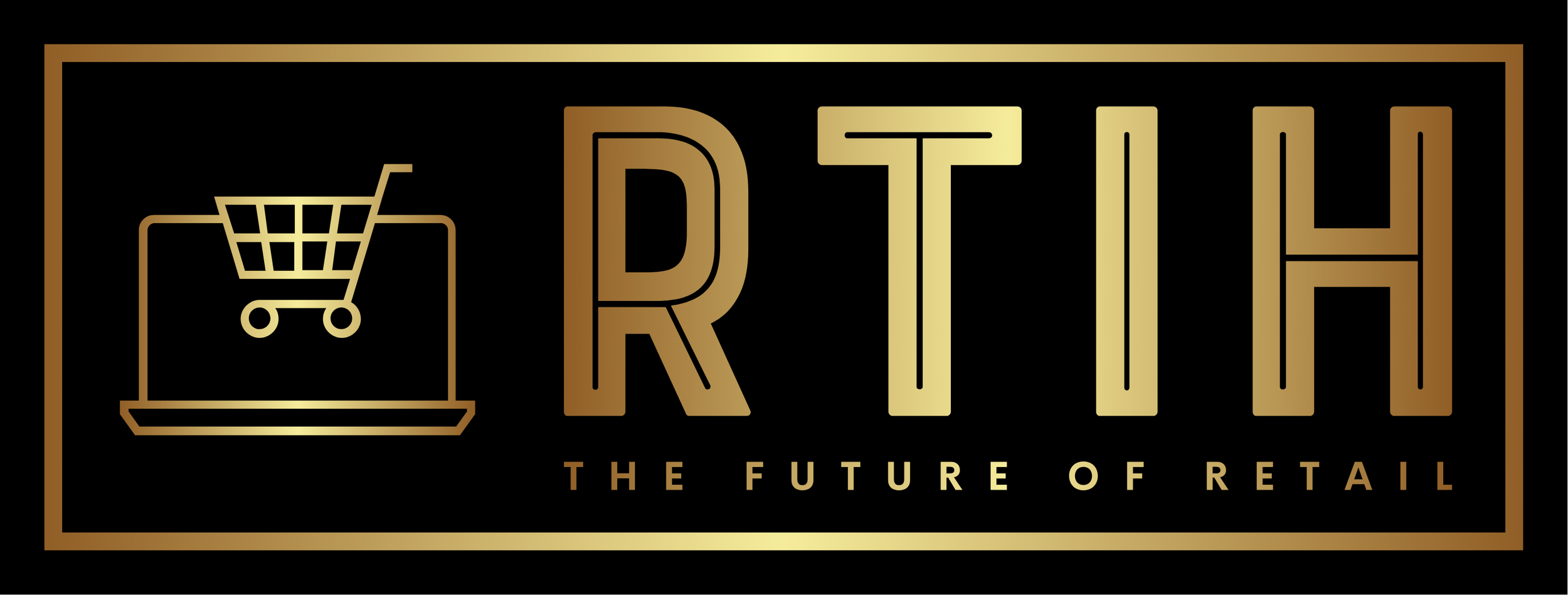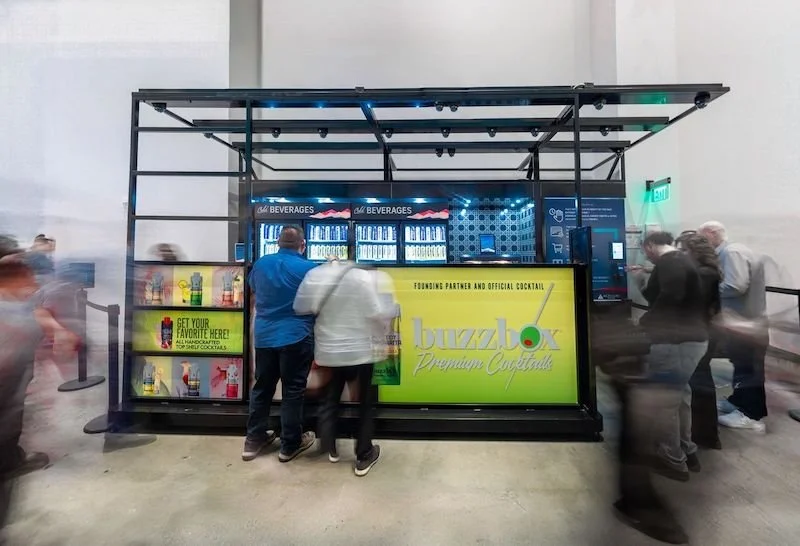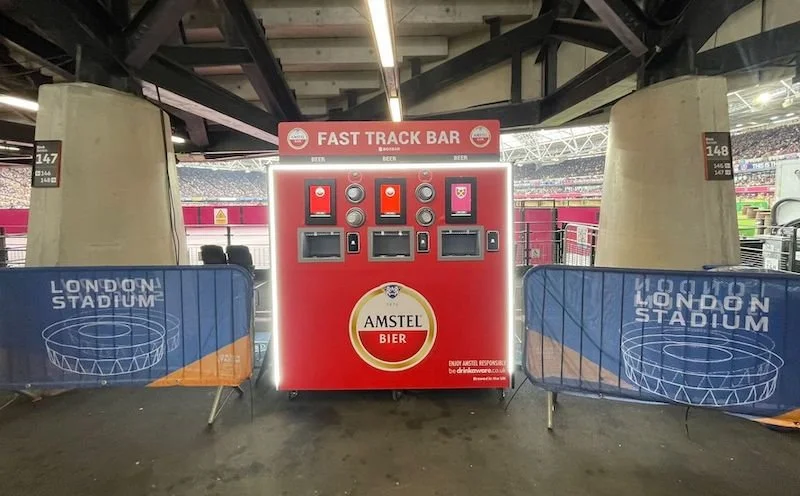Current retail trends in Japanese convenience stores
At the end of 2019, Japan was home to 55,620 convenience stores, with sales of around $102 billion (USD).
Japan is often a few steps ahead of other countries when it comes to retail trends. Here is a look at the current trends that are helping Japanese stores to thrive.
7-Eleven utilises technology to provide discounts and promote messages of healthy eating
You might rightly associate 7-Eleven convenience stores with the US, but there are more 7-Elevens in Japan than anywhere else in the world. Tokyo alone is home to over 2,700 stores.
One recent and notable retail trend adopted by Japan’s 7-Eleven stores involves an updated version of the 7-Eleven app. Customers who use the application can access discount coupons and be recommended weekly products, as well as recipe ideas and articles about healthy eating.
Technological capabilities have made discount coupon sharing much easier and accessible. All customers have to do is scan the coupon barcodes from their smartphones at the checkouts.
Seeing as smartphones are regularly used for all manner of things, such as watching live streams, reading blogs, and playing online casino games at sites like casumo.com, it makes sense that stores in Japan like 7-Eleven are turning to mobile technology to attract more customers and offer them regular special promotions and discounts.
Also, Japan’s 7-Elevens have recently been focusing on their commitment to promote nutritious products. For many of the chain’s products, a traffic light system has been introduced, which clearly shows the levels of nutrition in specific foods and drinks.
Behind the scheme is a bigger commitment to place the safety, peace of mind, and health of customers at the centre of 7-Eleven’s ethos. Being open about things like nutritional values of products is captured by the slogan of recent 7-Eleven commercials in Japan: “hyouji wa, ketsui desu,” which means “transparency shows our determination.”
Family Mart offers coffee blends to suit individual moods
Japan’s second largest convenience store chain, Family Mart, tried a fresh approach towards marketing its in-store coffee stations in 2019. Customers were able to select a blend of coffee depending on their mood and the time of day.
The tactic helped to promote the wide variety of coffee blends that are available at Family Mart. The chain has also been recently focusing on themes of convenience and homeliness in its commercials.
Lawson promotes reducing food waste
The popular chain of Lawson convenience stores in Japan embarked on a campaign in 2019 called Another Choice, in a bid to combat food waste. The company aired several commercials that showed customers how they could help to reduce food waste.
As part of the campaign, Lawson also gave its customers the option to purchase select stickered products that enabled them to buy further discounted items between 4 pm and 11 pm. Lawson’s marketing approach of recent years has focused more on promoting fresh and natural produce.
Staff-less stores are on the rise
Although self-service checkouts have been around for quite some time now, Japanese convenience stores are taking things a step further. NEC recently announced it would be introducing smart stores in Japan, which feature cameras with image recognition technology to verify customers pay for products.
NEC’s biometric and facial recognition tools enable customers to have a checkout-less experience. NTT Data is also working with stores to provide unmanned shopping experiences. All customers will need to do is download a dedicated app, select the preferred payment method, and grab the product in-store.
Then the cost of the item is automatically settled without any products needing to be scanned. NTT Data plans to introduce more than 1,000 such smart stores in Japan by 2022.










Continue reading…